Things are tough these days at the BBC: stars are leaving, budgets are tight and the licence fee future looking uncertain. Still, in their desperation to plug some holes, it seems the Beeb has developed some questionable new corporate partnerships. One of them is with Huawei, the Chinese tech giant which was sanctioned by the US in 2019 and barred from the UK’s 5G network in 2020 over security concerns. Since then, the controversial company has been alleged to have aided the Chinese authorities in creating surveillance technology that targets the country’s Uyghur minority population.
But all that’s not enough to deter the BBC, which is still taking Huawei’s money to fund its overseas journalism. Adverts displayed on BBC.com this week show adverts paid and presented by Huawei boasting about ‘The new frontier of education: How can we bridge the education gap and bring bright young minds into the digital future?’ The adverts gush how ‘UNESCO and Huawei are focused on closing the digital divide’ and writes glowingly about Huawei’s tech initiatives. Such content though is only available to overseas readers as UK visitors to the site are greeted with a message which says ‘We’re Sorry! This site is not accessible from the UK as it is part of our international service and is not funded by the licence fee.’
The content was made by the BBC’s sponsored content team, StoryWorks. When the partnership was first announced three years ago, BBC reporters were horrified, with one telling Buzzfeed ‘I nearly threw up.’ A current employee, speaking on condition of anonymity, told Steerpike that they were ‘shocked’ that the BBC was still taking money from a company with such close ties to the Chinese state ‘when it was us [the Corporation] who exposed the Chinese abuse in Uyghur camps last year.’ Luke de Pulford of the Inter-parliamentary Alliance on China told Mr S: ‘The Beeb’s hectoring social agenda would be easier to stomach if they weren’t raking in the cash from a company credibly accused of facilitating the Uyghur genocide. The BBC should return the money and apologise to the Uyghur community.’

A BBC Studios spokesman said: ‘Outside of the UK, BBC.com – the BBC’s international news and sport website – is funded through advertising. This allows us to invest in our world-class journalism and bring it to a global audience. All commercial content must adhere to our advertising and sponsorship guidelines, which are publicly available.’ The Corporation did not respond to further questions and refused to say how much money it has made from the partnership with Huawei.
A series of marketing presentation slides reviewed by the Washington Post last December found Huawei had a role in developing surveillance projects created in a partnership with other Chinese companies. They included analysis of voice recordings, monitoring detention centres, tracking locations of political individuals of interest, police surveillance in the western Xinjiang region, and corporate tracking of employees and customers. Huawei said it had no knowledge of the projects mentioned in the Post report. The telecoms giant has repeatedly denied that it is controlled or linked to the Chinese regime.
Got something to add? Join the discussion and comment below.
Get 10 issues for just $10
Subscribe to The Spectator Australia today for the next 10 magazine issues, plus full online access, for just $10.


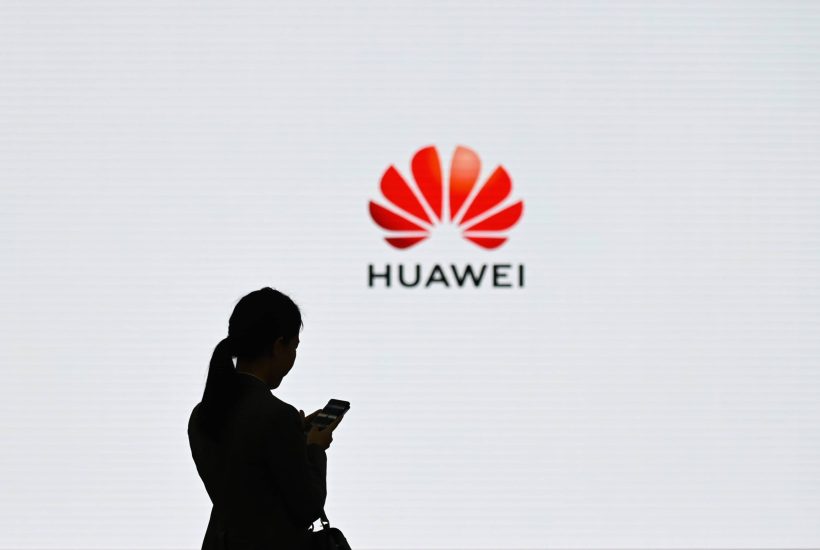


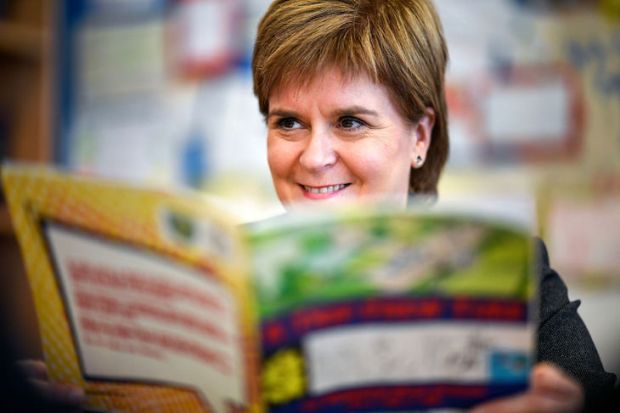
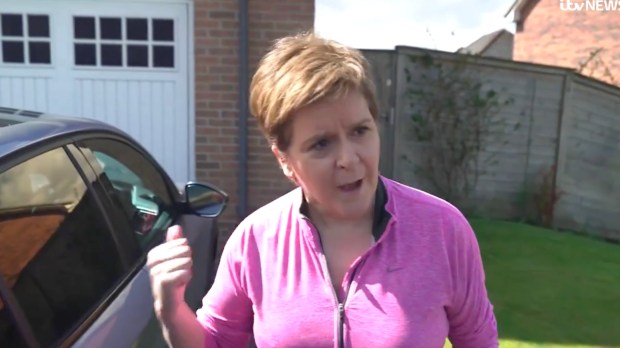
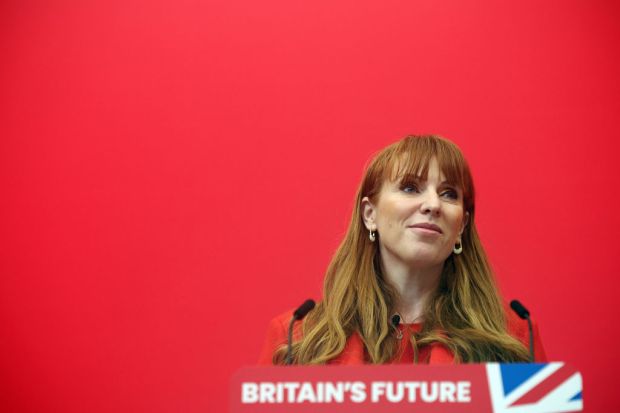
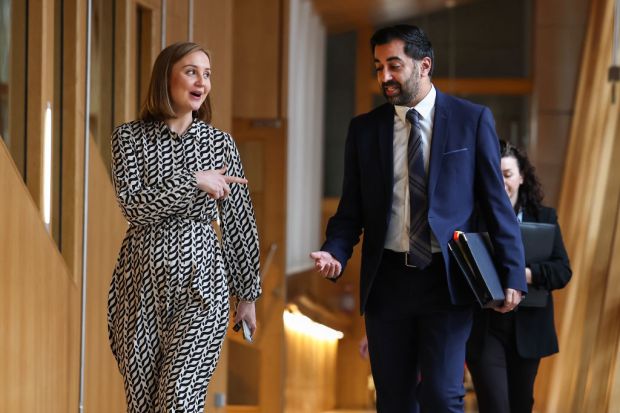












Comments
Don't miss out
Join the conversation with other Spectator Australia readers. Subscribe to leave a comment.
SUBSCRIBEAlready a subscriber? Log in